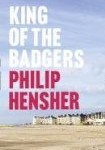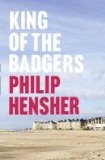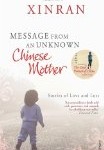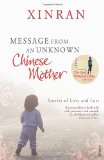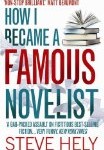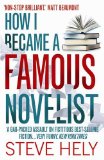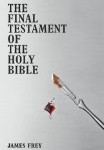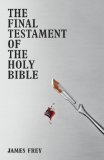
I haven’t had much luck with the Orange longlist this year. Rather than depress you with a series of negative review posts I thought I’d squeeze my grievances into one long post. Then next week I’ll be able to move on and tell you about all the wonderful books I’ve been reading in the past few days.
Here are my reasons for not falling in love with five more of the Oranges:
The Memory of Love by Aminatta Forna
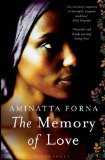
Five words from the blurb: Freetown, friendship, life, war, love
The Memory of Love is set in set in Freetown, Sierra Leone, shortly after the civil war. A psychologist from England discovers Elias Cole, an elderly man, in the hospital and through a series of notebooks we discover what life was like for Elias in 1969 – 30 years earlier.
I immediately fell in love with the writing. It was so vivid that I could imagine exactly what it was like to live in the city.
A change in the season. Surreptitious at first. At night the rain tapped on the windowpanes, scores of hesitant fingers. Dawn brought bright skies, washed of the desert dust, and the hard, coppery smell of earth. For the first time in months you had a clear view of the hills from the city.
I bonded with all the characters and felt I understood their emotions and motivations. Basically I was in love with this book, thinking I could easily award it five stars. But then everything began to unravel. Nothing happened and I became frustrated by the lack of action. This book was so packed with detail that it takes a long time to read each page and so by the time I got to around the 80 page mark I had already been reading it for almost three hours. This slowness meant I felt the boredom even more and so the next hour of reading was very tedious. After about 120 pages I gave up and started skimming. Occasional sections grabbed my interest, but overall I was shocked by how little actually happened in the remaining 300 pages – I could summarise the entire plot in just a couple of lines.
I slowed down to read the ending and was saddened to see how predictable the whole book had been.
This book has the best writing I’ve found on the Orange longlist so far. If it had contained a more complex plot then it could have been fantastic.
DNF
Swamplandia! by Karen Russell
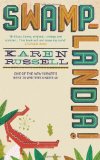
Five words from the blurb: alligator, theme park, family, swamp, mythic
This is another book that started really well and then lost my attention as time went on. I loved the initial descriptions of life in the alligator theme park, but I felt the only real character in the book was the swamp. All the people were flat and most of their reactions were fairly unbelievable. I also struggled with the magical realism present in this book – it felt a bit forced.
On the plus-side the writing was fantastic, but I’m afraid I need a bit more than that to pull me through to the end. I started skimming after about 95 pages and was never pulled back into the story.
DNF
The Invisible Bridge by Julie Orringer
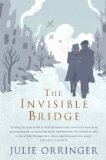
Five words from the blurb: Budapest, Paris, tragedy, Jewish, family
I had high hopes for The Invisible Bridge as I was told it was one of the few Oranges with a plot, but I’m afraid I was disappointed by this one too. I found the characters to be one-dimensional visions of perfection and their relationships were overly sentimental. I started skimming after about 150 pages, but began to read again as the plot focused on the forced-labour camps. The book was well researched, but it was all too contrived and predictable. It might have been better with 300 pages removed, but the simplicity of the plot could not sustain my attention for nearly 600 pages.
DNF
Lyrics Alley by Leila Aboulela
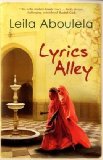
Five words from the blurb: Sudan, household, faith, modernising, future
I think my disappointment with this book began with the comparison to Naguib Mahfouz on the cover. Apart from the setting (and the confusing number of characters in the beginning!) these books have little in common. Lyrics Alley is a much simpler book that lacks the depth and atmosphere of Mahfouz’s work. It was quick and easy to read, but it lacked that magic spark. I did read all the way to the end, but never felt connected to any of the characters on an emotional level.

Jamrach’s Menagerie by Carol Birch
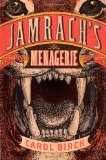
Five words from the blurb: London, circus, collector, animals, journey
This was another book that began really well. I was instantly drawn into the story of a little boy coming face-to-face with an escaped tiger. The depiction of life in a circus was wonderful, but after that things went downhill. They set sail on a journey to look for a komodo dragon and life aboard the ship was dull. It dragged for far too many pages before finally reaching a good climax. Unfortunately it was too little, too late for me as the majority of the book was disappointing.

.D
Did you love any of these books?



